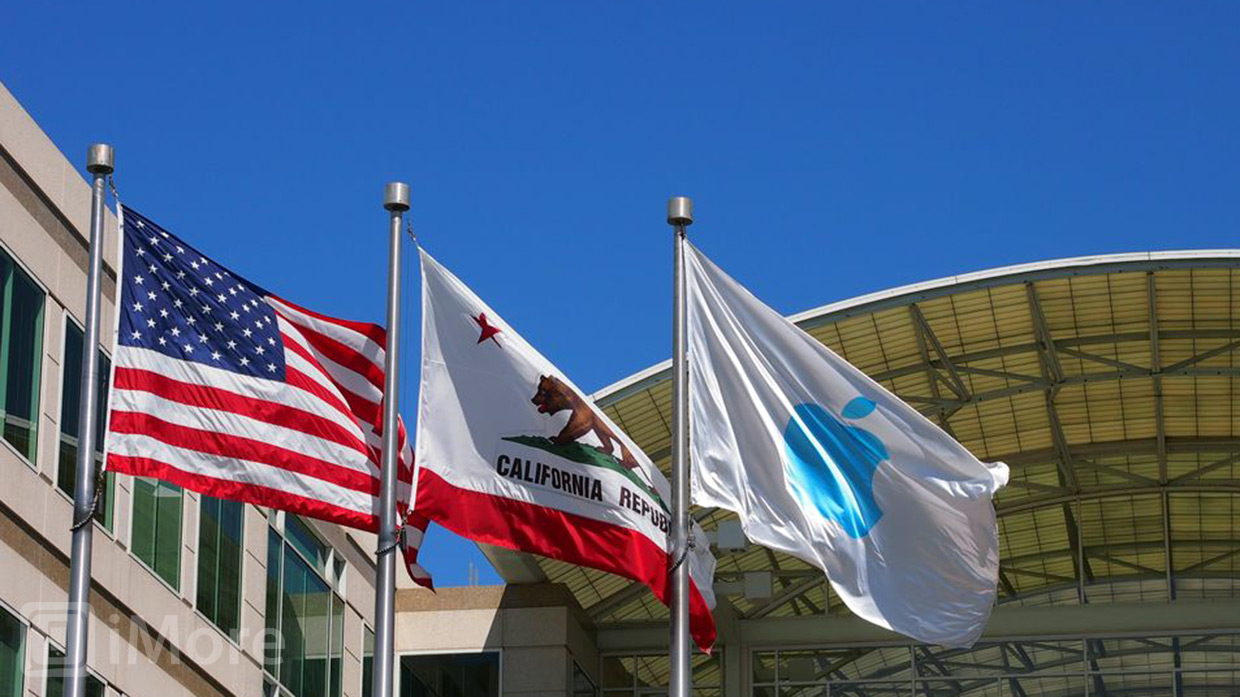iBooks Textbooks and iTunes U Course Manager, Apple’s attempts to revolutionize education and bring curriculum fully into the digital age, are expanding into even more countries in Asia, Latin America, Europe. Eddy Cue, senior vice president of Internet Software and Services, Apple:
Great news for educational institutions willing and able to go paperless. Now if we could also get an iTunes Author update that adds iPhone support, the revolution would be complete(r). Have you, or anyone in your family made the switch to e-textbooks? If so, have you found it as convenient and cost-effective as you’d hoped?
Apple Expands Worldwide Access to Educational Content
iBooks Textbooks & iTunes U Course Manager Now Available in Over 50 Countries
CUPERTINO, California—January 21, 2014—Apple® today announced iBooks® Textbooks and iTunes U® Course Manager are expanding into new markets across Asia, Latin America, Europe and elsewhere around the world. iBooks Textbooks bring Multi-Touch™ textbooks with dynamic, current and interactive content to teachers and students in 51 countries now including Brazil, Italy and Japan; and iTunes U Course Manager, available in 70 countries now including Russia, Thailand and Malaysia, allows educators to create and distribute courses for their own classrooms, or share them publicly, on the iTunes U app.
“The incredible content and tools available for iPad provide teachers with new ways to customize learning unlike ever before,” said Eddy Cue, Apple’s senior vice president of Internet Software and Services. “We can’t wait to see how teachers in even more countries will create their new lesson plans with interactive textbooks, apps and rich digital content.”
iBooks Textbooks offer iPad® users gorgeous, fullscreen textbooks with interactive animations, rotating 3D diagrams, flick-through photo galleries and tap-to-play videos. iBooks Textbooks don’t weigh down a backpack, can be updated as events unfold and don’t need to be returned. With nearly 25,000 educational titles created by independent publishers, teachers and leading education services companies, including new educational content from Cambridge University Press, Oxford University Press and Hodder Education, iBooks Textbooks now cover 100 percent of US high school core curriculum and the General Certificate of Secondary Education (GCSE) core curriculum in the UK.
“Oxford University Press is using iBooks Author for Headway, Oxford’s all-time best-selling English language series, to create engaging iBooks Textbooks for iPad,” said Peter Marshall, Managing Director, ELT Division at Oxford University Press. “In releasing 13 new iBooks Textbooks, including ‘Headway Pre-Intermediate,’ the best-selling level in the series, we are enriching the language learning experience for students around the world.”
“We believe resources like iBooks Textbooks represent a monumental shift in learning because they engage multiple capacities of each individual student,” said Miguel Dominguez, Marketing Director of Imaxina Novas Tecnoloxias in Spain, an independent educational content developer and publisher of iBooks Textbooks, including “The Senses,” which incorporates interactive elements such as video and animated images of the human eye and ear to illustrate how the body works.
With iTunes U Course Manager educators can quickly and easily share their knowledge and resources directly with their class or to a global audience on iTunes U. This free iOS app gives millions of learners access to the world’s largest online catalog of free educational content from top schools, leading universities and prominent institutions. iTunes U Course manager also gives teachers the ability to integrate their own documents as part of course curriculum, as well as content from the Internet, hundreds of thousands of books on the iBooks Store, over 750,000 materials from existing iTunes U collections, or any of the more than one million iOS apps available on the revolutionary App Store℠.
“iPad is so much more than just a textbook or just a notepad for students—it’s a powerful educational tool, a study partner, a window into the past and a glimpse of the future,” said Sophie Post, fourth grade history teacher at UK’s Falkner House school. “Teaching history was once a static timeline of events. In leveraging the entire educational ecosystem of iPad, creating my own iBooks Textbooks and iTunes U courses, and pulling in apps like History: Maps of the World, studying history has suddenly become a creative, dynamic and truly transformative experience for my pupils.”
Apple designs Macs, the best personal computers in the world, along with OS X, iLife, iWork and professional software. Apple leads the digital music revolution with its iPods and iTunes online store. Apple has reinvented the mobile phone with its revolutionary iPhone and App Store, and is defining the future of mobile media and computing devices with iPad.

![]()







